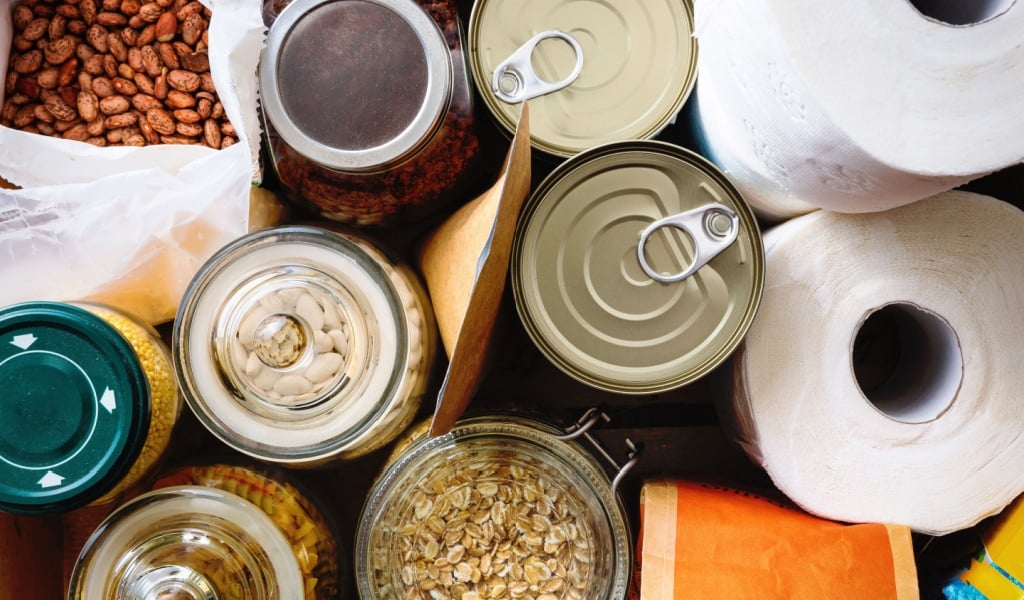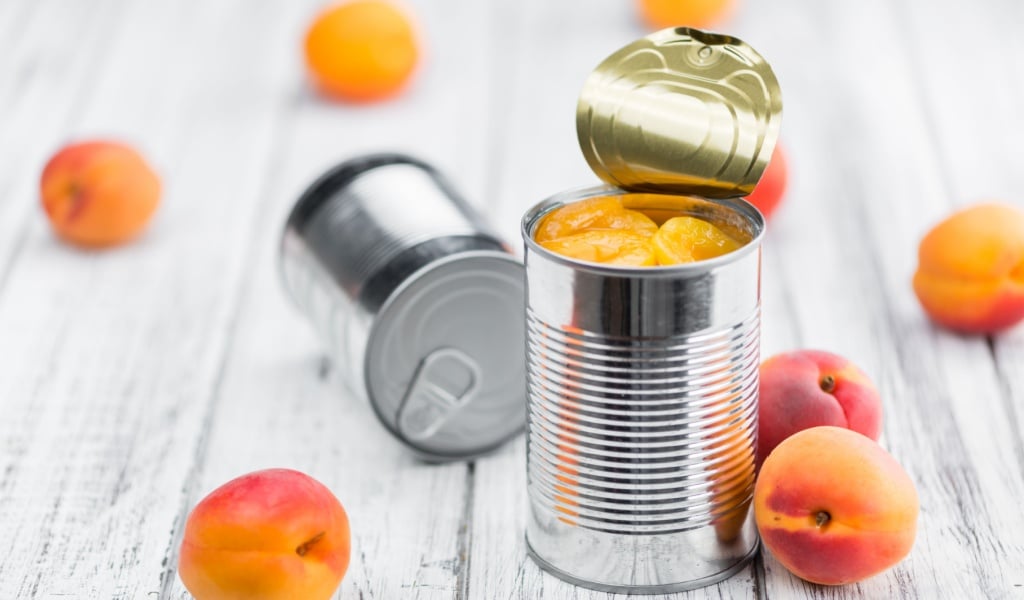We all have those kitchen shelves and pantry corners stocked with staples we think are forever foods. But not everything with a long shelf life is immortal. Some of your go-to pantry items may be quietly expiring, losing flavour, or even going bad without giving you a clear warning sign. Whether it is due to exposure to air, moisture, or temperature changes, many pantry items don’t last as long as we assume.
Here is a list of everyday pantry staples that might not be as long-lasting as you think, and tips to store them better or replace them on time.

Whole Wheat Flour
While refined white flour can last six to twelve months in the pantry, whole wheat flour contains natural oils that turn rancid faster. Shelf life for wheat flour is usually one to three months; however, when refrigerated, it can last up to six months. Ideally, it is best to store in an airtight container in the fridge or freezer to extend freshness.
Nuts & Nut Butters
Nuts are packed with healthy fats, but those oils go rancid quickly, especially in warm climates. Shelf life for nuts is three to six months in the pantry, and can be even shorter for nut butters. Once the seal of the package it comes in is broken, it can last up to two to three months. It is recommended to refrigerate nuts and nut-based items for a longer shelf life. Additionally, you must use an airtight container to keep it fresh.
Spices & Dried Herbs
Though they don’t exactly go bad, spices and herbs lose potency with time. That paprika or oregano from 2018? Likely useless now. Buy smaller quantities and store them in cool, dark areas away from the stove. Some points to note about spices and herbs:
- Ground spices last for one to two years.
- Whole spices last for three to four years
- Dried herbs last for one to two years
Baking Powder & Baking Soda
These are the backbone of many baked goods, but they lose effectiveness with time.
Shelf life for baking powder is six months to one year, and baking soda lasts for one to two years. When using baking powder that’s been on the shelf for a while, test it by mixing it with warm water. If it bubbles, it is good to go; otherwise, discard it.
Brown Sugar
Brown sugar doesn’t spoil easily, but it does harden quickly due to moisture loss. The shelf life for brown sugar is six months when stored in an airtight container. A fantastic tip to soften hardened sugar is to add a slice of bread or a damp paper towel to the container.
Vegetable Oils
Oils like sunflower, canola, and even olive oil can turn rancid when exposed to light and air. Shelf life ranges from up to six months to 1 year, but refined oil has a shorter expiry. Store nut oils in dark bottles in a cool cabinet and refrigerate if conditions in your kitchen are too warm.

Dried Beans and Lentils
Surprised? Yes, they seem eternal, but old beans cook unevenly and lose nutrients over time. Dried beans and lentils typically last up to one to two years, depending on the conditions they were stored in. If you have beans that have been sitting there for a while, you can soak them to soften them.
Coffee: Ground or Beans
Coffee lovers beware – exposure to air and moisture degrades flavour quickly! Ground coffee has a shelf life of two weeks to one month, and whole beans are up to two months. Coffee must be stored in opaque, airtight containers in a cool place.
Cereal and Granola
These dry goods may seem everlasting, but they absorb moisture and turn stale even before the printed expiry date. Unopened shelf life for cereal and granola is three to six months, but that drops to one month after the seal is broken. Once the boxes are opened, consume the contents quickly and store any leftovers in airtight containers until needed.
Rice (Especially Brown Rice)
White rice has a long shelf life, but brown rice contains oils in the bran that spoil faster. White rice lasts up to two years, brown rice lasts up to six months in the pantry and one year in the fridge. Store brown rice in airtight containers in the refrigerator or freezer for longevity.
Cornmeal
Like whole grain products, cornmeal has oils that can go bad over time. Shelf life is up to six to twelve months. Cornmeal can be refrigerated for one year after opening to maintain freshness.
Instant Yeast
Even though it is dry, yeast loses its power if kept too long or exposed to heat. Instant yeast can last for six months unopened, and four months once opened. Store in the fridge or freezer and test in warm water before using.
Final Thoughts
Keeping your pantry in check doesn’t mean throwing everything out every few months. But it does mean understanding how long items realistically last and knowing when to rotate, refrigerate, or toss. Regularly checking expiration dates, storing foods in airtight containers, and keeping a log of when items were opened can help reduce waste and ensure every dish you prepare tastes just as it should.
Your pantry might be full, but is it fresh? A quick audit might save your next meal and your health!



